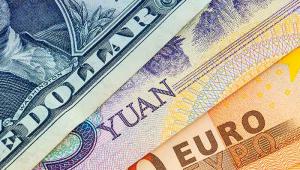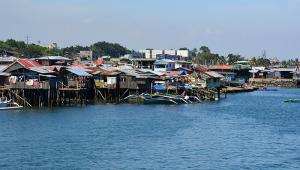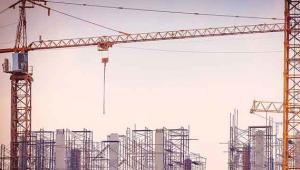This is according to the World Bank, which called for countries to shift their focus from “spending more” to “spending better”, to achieve the SDGs commitments, in a report on Wednesday.
By allocating 4.5% of GDP on greener infrastructure, countries could deliver what the World Bank called ‘climate-smart’ infrastructure.
This would help the countries achieve the SDGs that are linked to good infrastructure, such as no poverty, good health, water and sanitation, and sustainable cities and communities.
It could also assist these nations with staying on track to limit climate change to up to 2 degrees, if the ‘right’ policies were put in place alongside the investment, the report said.
“The good news is this is close to what many countries already spend,” said Kristalina Georgieva, interim president of the World Bank.
She said: “With the right choices, infrastructure can be built that helps achieve globally agreed emissions targets.
“The focus must be on smarter and more resilient investments, not necessarily more money.”
According to the research, developing countries already spend between 3.4% and 5%, with an average of 4% of GDP on ‘green infrastructure’.
The 4.5% would mean countries adopt policies that account for long-term climate goals to avoid expensive projects, invest in renewable energy, develop railway systems that could be used for freight, and use decentralised technologies in rural areas, such as mini-grids for electricity.
Similar ambitious, without the right climate-friendly policies, would double the price tag, the World Bank Beyond the Gap report said.
It highlighted that infrastructure investment compatible with decarbonisation does not necessarily cost more than more-polluting alternatives.
The infrastructure gap is still huge with 940 million people living without electricity, 663 million without improved sources of drinking water, 2.4 billion without sanitation facilities in the world, the bank said. Billions don’t have access to proper roads and 4 billion people lack internet access, it added.







